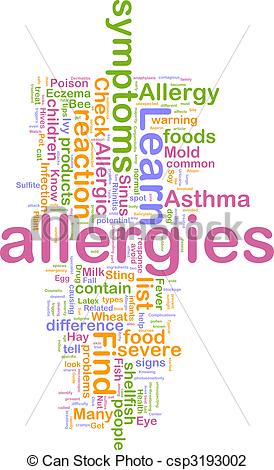Allergic to Everything
June 2, 2015
Life for a teenager may seem, oh so onerous. Yet, what if you were not allowed to eat a certain food? What if you weren’t allowed to go to a certain place? What if you weren’t allowed to touch certain things?
It may appear frivolous to those who these do not apply to, but, people with allergies must constantly be aware of their surroundings. If not, potentially fatal consequences may await them.
Now, being allergic to the somewhat common peanut butter may be easier to tolerate than other extreme allergies, since so many people are allergic to it. As a result, many companies often include warnings on food labels that indicate that a food product was processed on a machine that handles peanuts.
For instance, Kiannah Dole (10) had a severe reaction from her peanut allergy to some brownies that were served at the 2015 YLHS Prom. She recalls being “very scared, but [she] managed to stay calm since [she] knew she was in safe hands.” Usually, her friends are aware of her peanut allergy, so they would inform her whenever there was peanuts in a food product for her to avoid. Kiannah believes that “when people understand the danger of creation allergens and how they can help, it makes it easier for people with allergies to feel safe. Reading food labels also helps!”
However, if living with one allergy requires so much attention, what would it be like to be allergic to practically everything?
21 year old Brynn Duncan is practically allergic to everything. Her allergies are so extreme that every day, she needs to wonder what will be triggering her allergy that day. For starters, she’s allergic to fruits, vegetables, milk, soy, nuts, smoke, perfume, and the sun. On some occasions her body lets her eat a little bit of mashed potatoes; on others, she gets a severe allergic reaction.
Her allergies are due to her condition “mast cell activation syndrome.” Usually, cells protect people from parasites and invaders that attack the body; but, they can also become active when people are allergic to anything else, such as peanuts. Duncan has a normal number of cells, but they are always active. As a result, they can release histamine and prostaglandins, which are inflammatory chemicals.





































